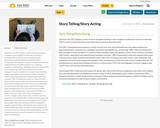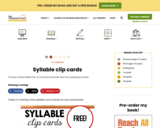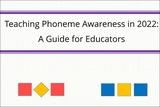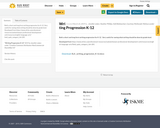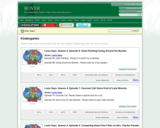
Check out these great video/curricular resources for Kindergarten. The ROVER videos all indicate the curriculum outcomes that they address.
ROVER (Recommended Online Video Education Resources) is a video streaming service for Saskatchewan teachers and students in the PreK-12 education system. It is managed and maintained by the Saskatchewan Ministry of Education. ROVER is a video-on-demand service that provides teachers and students with the convenience of immediate access to streamed, educational videos that support curricula.
This site also offers all of the curriculum documents for all grade levels.
If you are unable to access the site, it may be because a Saskatchewan Ministry of Education Blackboard login is required. All students have an Edonline account, so contact your child's school or the Ministry of Education’s Support Desk at 1-866-933-8333 or email at stans@gov.sk.ca for login information. Your child's student number will be required.
- Subject:
- Arts Education
- English Language Arts
- Health & Fitness
- Health Education
- Math
- Physical Education
- Science
- Social Studies
- Material Type:
- Activity/Lab
- Homework/Assignment
- Author:
- Saskatchewan Ministry of Education
- Date Added:
- 11/10/2020

